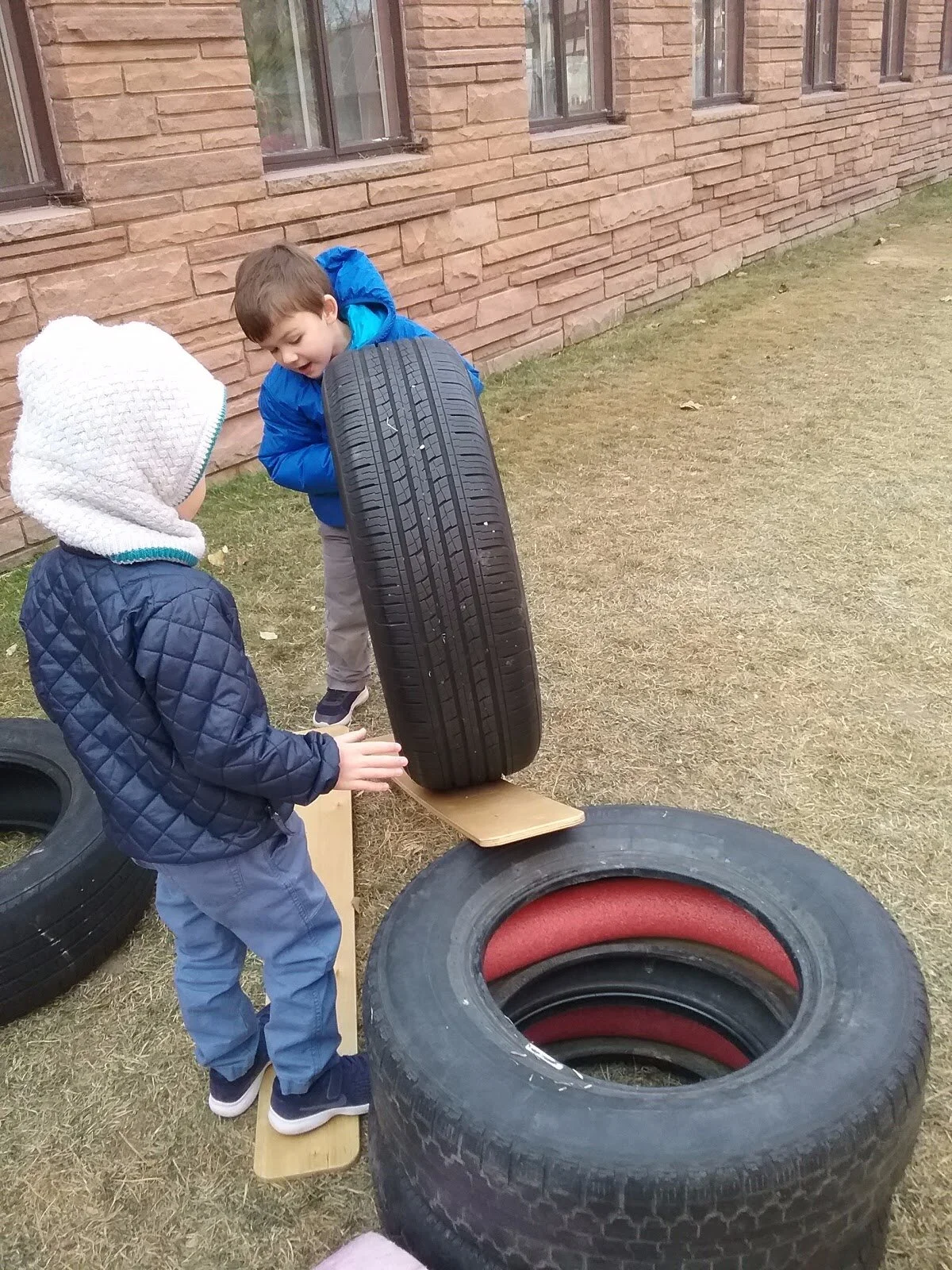“Everything done indoors can be done just as well – if not better – outdoors.” Eric Nelson



“And at the end of the day, your feet should be dirty, your hair messy and your eyes sparkling.”
-Shanti
What is it?
The Outdoor Classroom is about a set of core beliefs, the central one being that children benefit from spending more time outdoors, especially in natural spaces. Our goal, as Eric Nelson discusses in his book, Cultivating Outdoor Classrooms, is to increase the quantity, quality, and benefits of outdoor experiences for children.
Nelson outlines several key features and beliefs regarding the Outdoor Classroom, including:
- The outdoors is viewed as an important learning environment.
- Learning takes time and children have a right to extended time outdoors.
- Children have the right to initiate their own play.
- Learning occurs everywhere and all the time
- Children need physical activity and a range of experiences outdoors…anything done inside can be done outside.
- Outdoor curriculum goes beyond adult designed experiences and includes everything children encounter. When adults set the stage, observe, listen, reflect, and respond to children's interests and ideas, rich, meaningful curriculum emerges.
- Children need a connection to nature to be whole
“There Is No Such Thing As Bad Weather, Only Inappropriate Clothing.” -unknown
Why?
Why the Outdoor Classroom? Quite simply… electronic technology and diminished time for today’s children to play in, and connect with, the natural world. It is more vital than ever for children to be outside in nature. We live in a time when increased exposure to electronic media results in decreased time outdoors and, for various reasons, compared to previous generations, children today have much less opportunity for unstructured, exploratory and imaginative outdoor play. Studies have shown benefits ranging from increased cognitive abilities and focus, reduced stress, increased creativity and problem solving to improved social skills and self-regulation.
When?
Do you remember the feeling of rain drops on your face? Do you remember the joy of jumping in a puddle? The taste of a snowflake? The way the sun warms your body? We, as children, spent long hours outside, experiencing the unique weather phenomena and seeing the beauty of each season. Our children are often learning about seasons while indoors, deepening the disconnect with nature.
What Are They Learning?
Properties of the natural, physical world: geology, weather, energy, chemistry
Discovering biology through insects and other small creatures, plant life varieties
Practicing ecology, respect and kindness to each other and to the earth
Finding and authentically using skills and concepts of patterning, counting, sorting, lines and shapes, increasing vocabulary
Opportunities for self-regulation, encouraging calmness and problem-solving






















